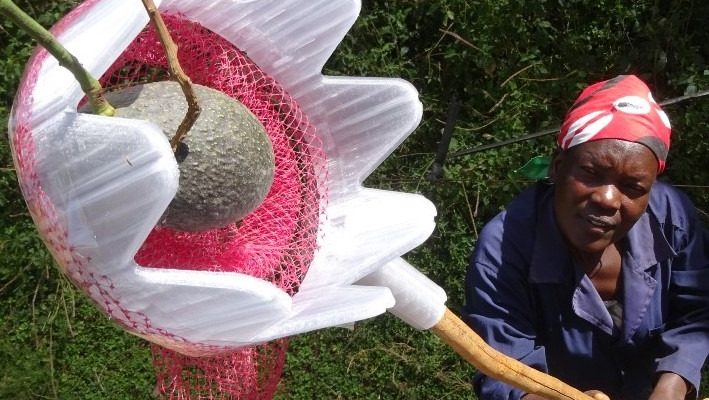An international project is now benefiting three countries in Africa. Called the "Circular Plastics Project", the initiative consists of collecting plastic waste in low and middle-income countries and transforming it into agricultural tools using 3D printing. The project is led by researchers at Loughborough University in England.
In Africa, plastic pollution remains a concern. And one of the solutions proposed to deal with this problem is the “Circular Plastics Project”. The initiative aims to recycle plastic waste collected in low- and middle-income countries, particularly on the African continent, into materials for agriculture. According to researchers at Loughborough University (England), who are implementing the project, three African countries are partners in the project at this stage. These are Kenya, Rwanda and Nigeria.
While Rwanda is already well advanced in plastic management with the enactment in 2019 of Law 17/2019 on the prohibition of the manufacture, import, use and sale of plastic carrier bags and single-use plastic articles, this is far from the case for Nigeria and Kenya. According to the World Economic Forum, in 2018 Nigeria dumped about 200,000 tonnes of plastic waste into the ocean, while its annual plastic production is expected to reach 523,000 tonnes by 2022. In Kenya, Nairobi alone produces 2,400 tonnes of solid waste per day, 20% of which is plastic.
The collected plastic waste is converted into transformable filaments and then 3D printed (dimensionally) into six agricultural tools, including a fruit picker and a fish farming system. These devices are already being used by farmers and are said to increase their efficiency. According to D Printing Industry (3DPI), the UK researchers are also designing sand dredging adapters, non-electric milk coolers and machete peelers, as well as a baler for recycled boats that can use wave motion to pump water.
Read Also – AFRICA: the circular economy at the heart of ecosystem preservation
The Circular Plastics Project is in line with two initiatives, the Smart Sustainable Plastic Packaging Challenge (SSPP) and the Perpetual Plastic for Food to Go (PPFTG), which advocate the use of ‘smart technologies’ to solve the world’s waste problems. These initiatives are also being implemented by researchers at Loughborough University.
Inès Magoum






